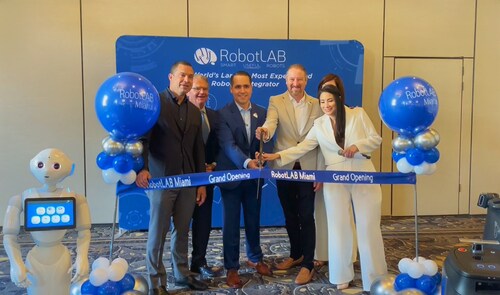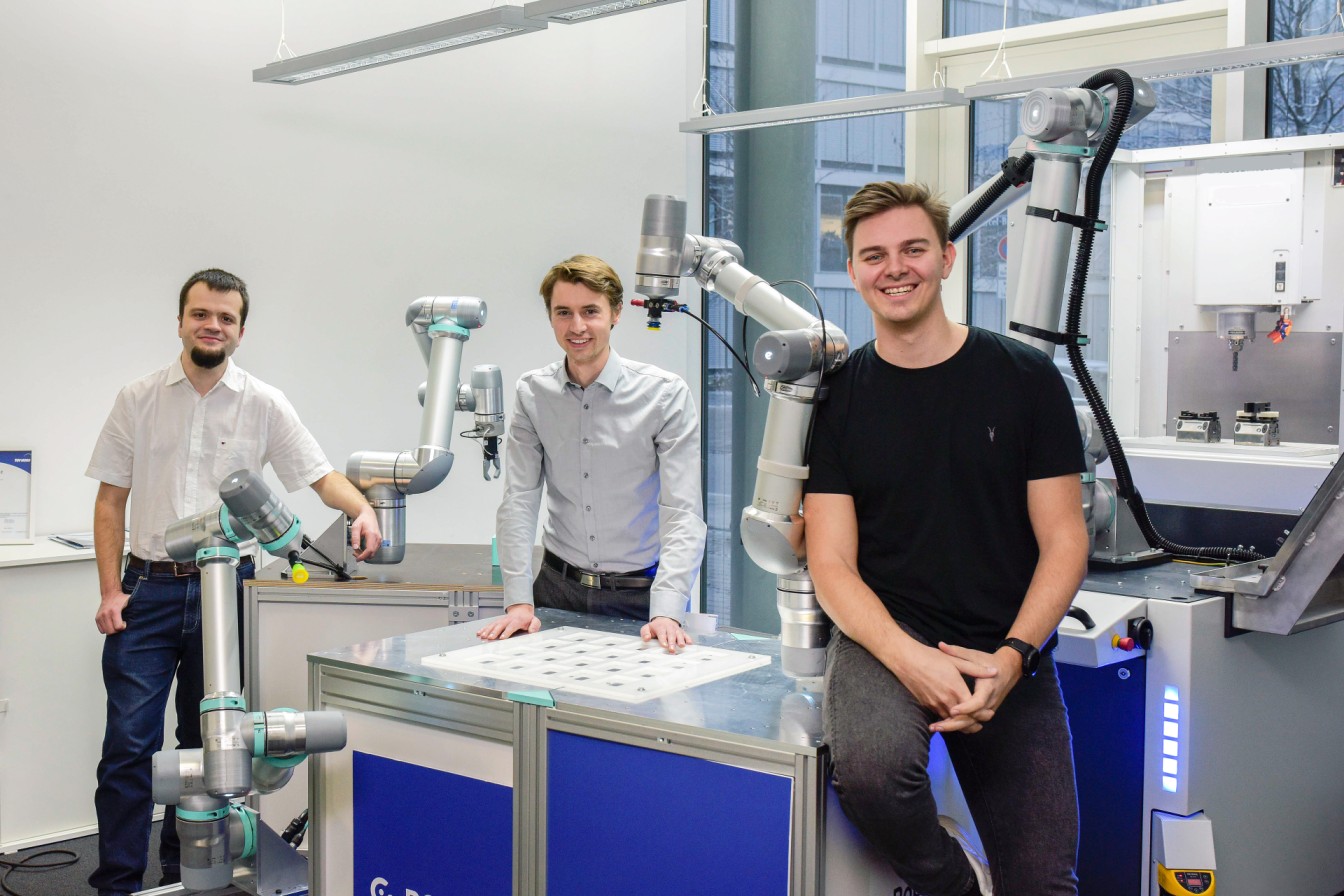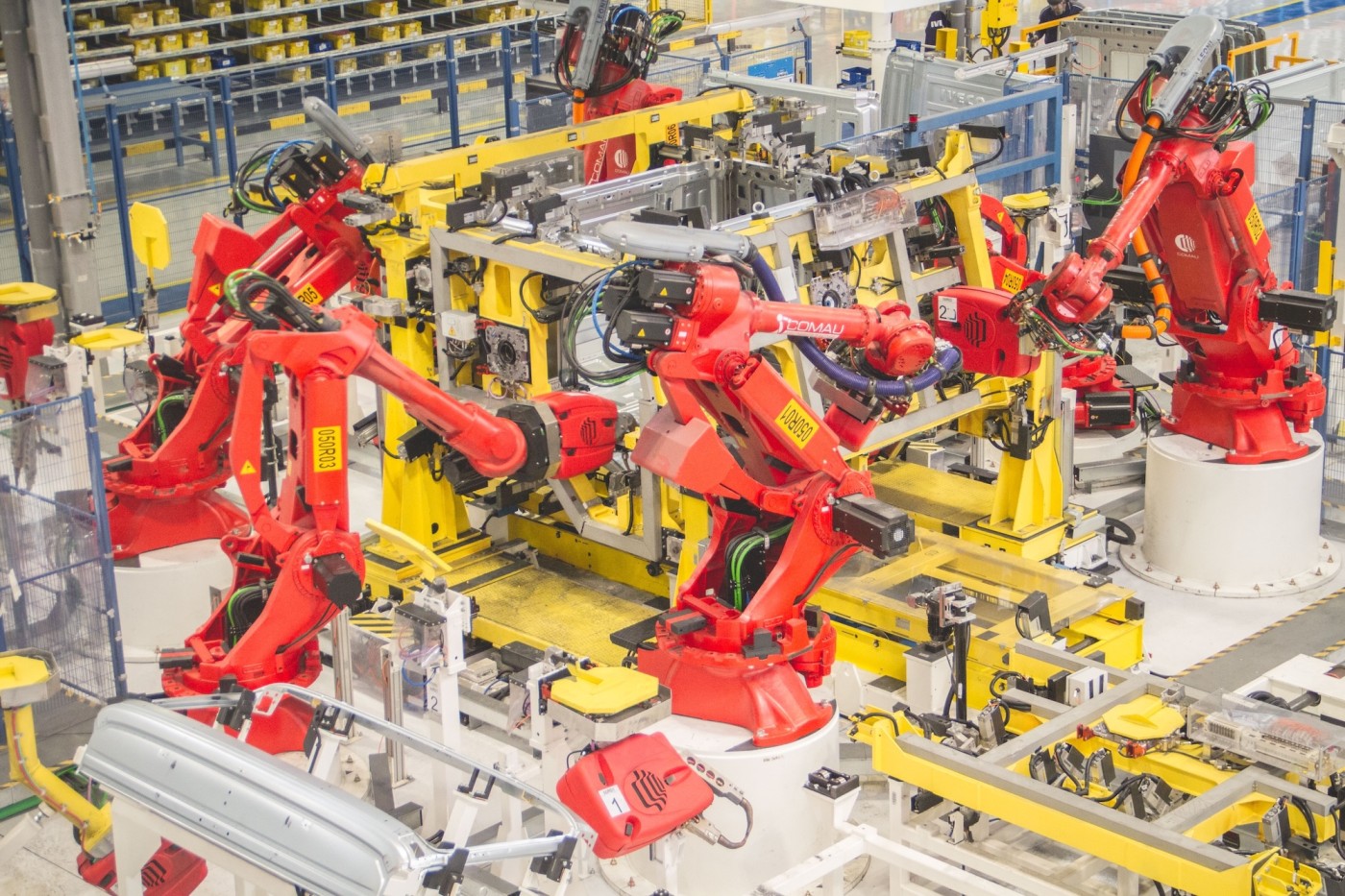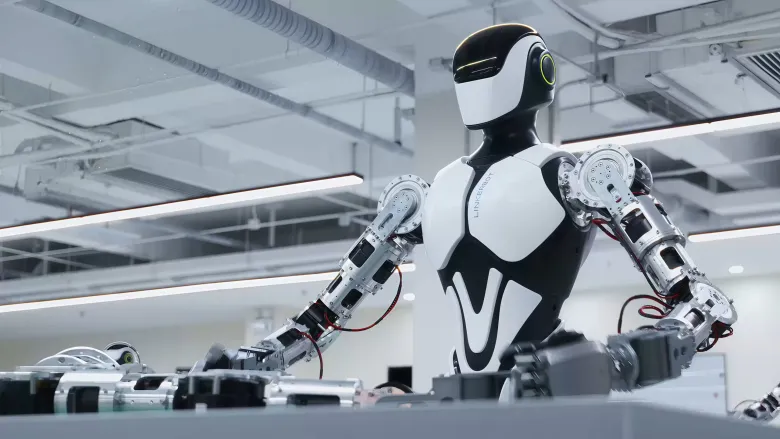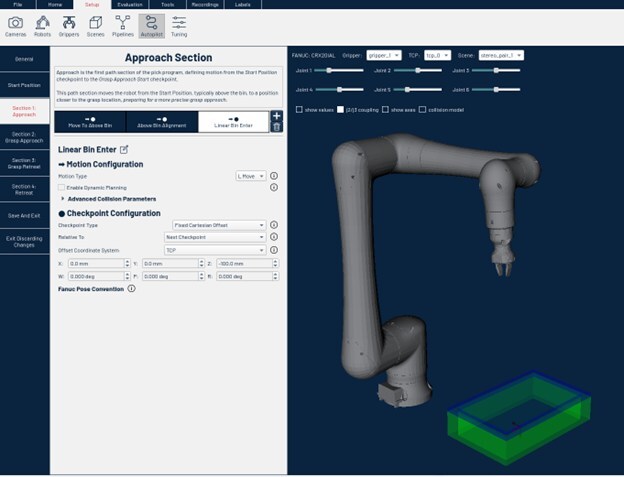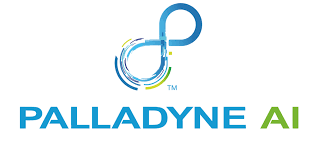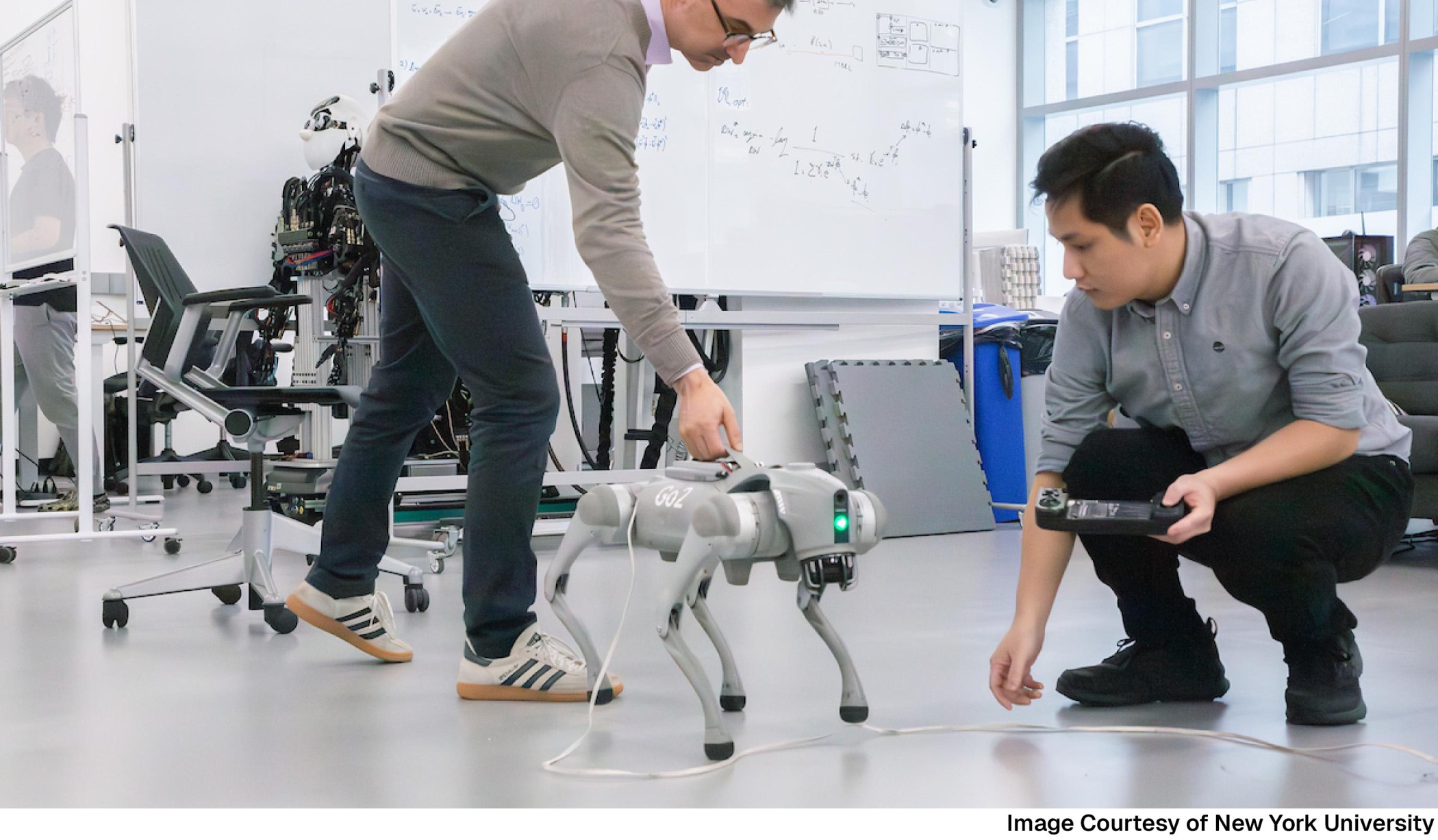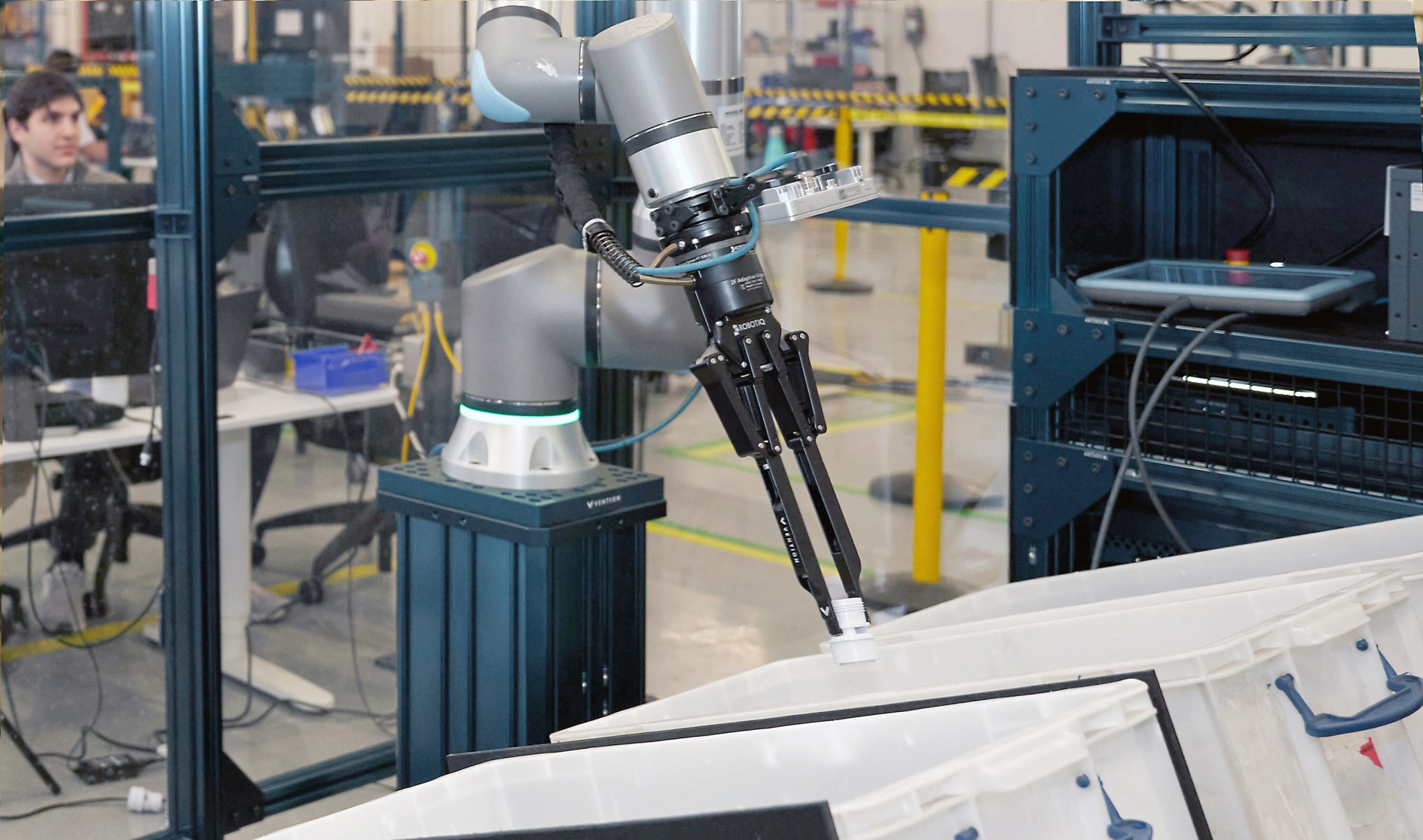Chang Robotics Launches Curabotics to Transform Healthcare Automation
New company aims to enhance hospital efficiency, address labor shortages, and improve patient outcomes through AI-driven robotics and automation.
Image Courtesy: Public Domain
Chang Robotics, an autonomous technology and engineering leader, is excited to introduce Curabotics, a new company dedicated to improving healthcare through automation, robotics, and AI. Curabotics seeks to transform hospital systems by addressing critical healthcare challenges, including labor shortages, burnout, inefficiencies, rising costs, and patient outcomes.
In response to inquiries regarding their new company, Chang Robotics' president and Curabotics co-founder, Kate McAfoose, shared, "Curabotics will focus exclusively on healthcare automation. In addition to our already proven Nurse-Assist robots and robotic pharmacy, Curabotics offers a comprehensive range of technology to improve efficiency, diagnostics, and patient outcomes."
"We have invited the best technology providers in the industry to participate in our platform," McAfoose added. "My mom is a career RN, so using our robotic capabilities to get this right is personal for me."
The name Curabotics, derived from the Latin word "Cura" (meaning "care"), reflects the company's mission to enhance patient care through robotics and automation.
Proven Results: The Need for Automation in Healthcare
The demand for hospital automation has never been more urgent. Staff shortages reached critical levels in 2024, with replacement costs exceeding $53,250 per nurse. When we examine the issues of staff shortages, burnout, early retirement, and turnover among licensed professionals (such as technicians, nurses, physician assistants, and doctors), the costs are staggering: each major hospital loses between $21 million and $43 million annually due to workforce issues. Conversely, every gain in operational efficiency creates significant additional revenue and opportunities.
A two-year pilot study conducted by Chang Robotics at a leading U.S. hospital demonstrated the impact of automation on nurse workload and patient care. The study identified a time savings of up to 40% when hospitals implement multiple robotic functions, allowing healthcare professionals to dedicate more time to direct patient care.
Thus far, Curabotics has achieved the following use cases:
Use Case 1 - the Nurse-Assist Bots resulted in:
- 15% reduction in nurse workload
- 96% nurse adoption rate by nurses
Use Case 2 - the Robotic Pharmacy resulted in:
- One robotic pharmacy supports 15 retail locations
- 90% prescription order fulfillment rate
Use Case 3 – the "autonomous building" resulted in robotic control of:
- Security and Badge Access
- Fire Alarm Systems
- HVAC & Electrical Systems
- Elevators
- Machine to Machine Automation
In all, we anticipate the Curabotics solutions will have a massive impact on efficiency and profitability gains in the coming seasons for healthcare organizations of every size.
A Holistic Approach to Healthcare Innovation
Curabotics will leverage deep engineering expertise and successful track record to develop and deploy innovative automation solutions tailored to the healthcare industry. The company offers a comprehensive suite of technologies to streamline hospital workflows and improve patient care. Key offerings include:
Process Automation:
- Nurse Assist Bots (Autonomous)
- Automated Hospital Warehouse
- Robotic Pharmacy
- Inter-Campus Delivery
- Home Health Solutions
- Smart Building Integrations
- Telehealth Solutions (Integrated)
- In-Hospital Advertising (on mobile robots)
Diagnostic & Surgery Innovation:
- Mobile Imaging Devices
- Health AI-driven Metabolic Scanning
- Robotic Surgery Equipment
These solutions allow hospitals to improve operational efficiency and lessen the burden on providers, while unlocking new data insights.
Leadership Spotlight: Riyad Twahir, Managing Director of Curabotics
Riyad Twahir will lead the new company as the managing director of Curabotics. With a background in process transformation, enterprise technology solutions, and autonomous robotic systems, Twahir brings a vision for scaling automation to enhance healthcare efficiency. "I'm very excited about this opportunity to address the systemic issues in healthcare. These are universal problems, and I look forward to collaborating with healthcare partners to provide business-driven solutions that improve patient care," said Riyad Twahir.










